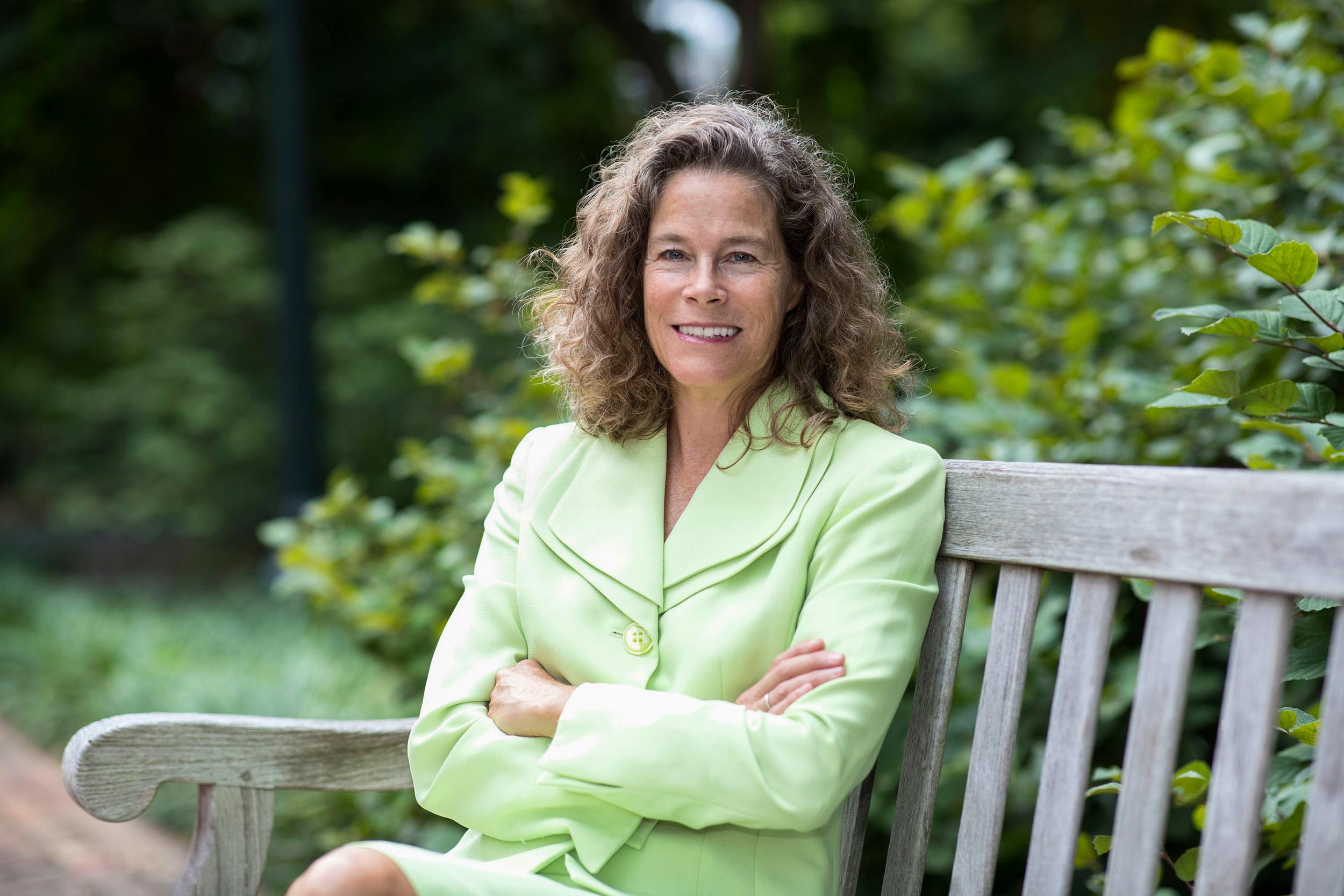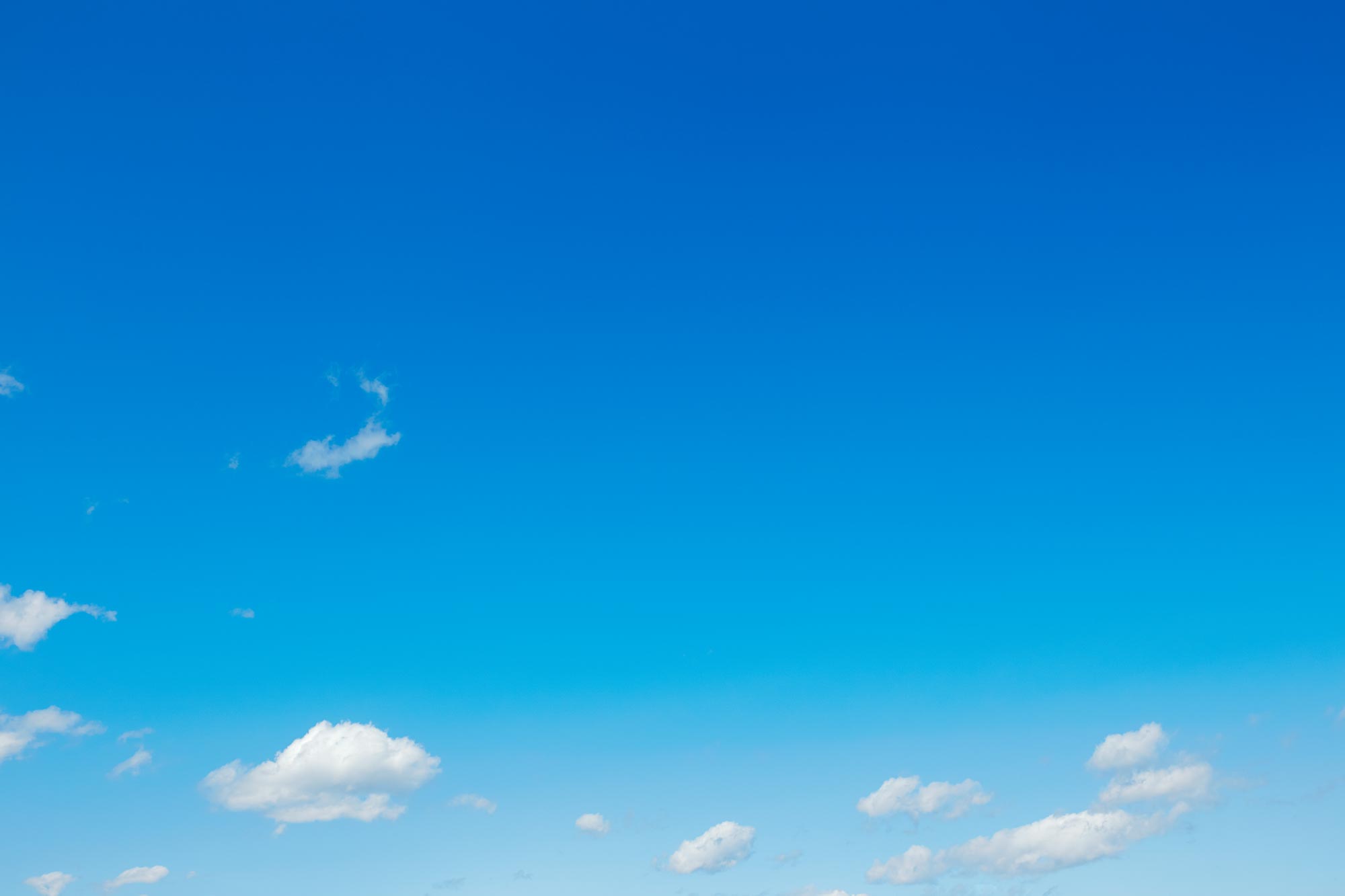Find the latest information on the University’s response to the coronavirus here.
As people suspend travel during this time of social distancing, Earth-observing satellites have recorded a marked reduction in air pollution in regions of the world most affected by the COVID-19 pandemic. The European Space Agency recently detected lower levels of nitrogen oxide in northern Italy and China’s Hubei province. NASA also has observed temporary drops in the greenhouse gases carbon dioxide and nitrogen oxide over parts of the United States.
It’s too early to know if people will change behaviors once the pandemic passes, but some view this as an opportunity to contemplate how our behaviors affect the health of the planet – and our own wellbeing.
Deborah Lawrence, a University of Virginia professor of environmental sciences, studies climate change. Here she offers her thoughts for readers of UVA Today.

Environmental sciences professor Deborah Lawrence hopes the pandemic will lead people to listen more closely to scientists’ climate warnings as well. (Photo by Dan Addison, University Communications)
Q. Is there possibly a silver lining, as has been suggested, to this reduced use of resources and activities, such as less flying?
A. I find it really hard to see a silver lining. Yes, greenhouse gas emissions are plummeting, but I never wanted to see it happen this way. No one did. The situation we find ourselves in, quite suddenly, is exactly what early, aggressive climate action is meant to avoid: catastrophic damage to our economy.
If we don’t act now on climate, meaning the now that begins as we emerge from the pandemic, we will face disaster after disaster, like last year’s flooding in the Midwest and in Mozambique, fires in California and Australia, droughts in the southeastern U.S. and in South Africa.
Much as COVID-19 patients overload hospitals, these disasters will pile up on one another, exceeding our ability to cope. Instead of a timeline of weeks, it would be a timeline of months or years. But the pattern will be the same. A series of disasters will sap our ability to respond – logistically, financially and emotionally. Perhaps the silver lining is that we will think ahead.
Q. What can we learn from these events?
A. I hope we can learn two things. First, the data don’t lie. I am heartened that every American now knows what that curve looks like – the one we are trying to flatten. Our doctors were looking at the beginning of that curve and knew where it was going. They asked us to join together to do something to stop it. Our leaders listened.
Similarly, the graph of our greenhouse gas emissions should inspire immediate collective action. Climate scientists know that more CO2 means more global warming, and they know we humans have never seen anything like it and that it will seriously harm our economy and our wellbeing. Maybe now, our leaders will listen.
The second thing we can learn is that early, aggressive action can change our outcome. What is true for the virus is true for climate. The sooner we act, the sooner we can flatten the climate curve.
Q. Do you think changed behaviors will outlast this pandemic crisis?
A. I do think we will be changed by this pandemic. We have only just begun to fathom what is happening, so it is hard to know how our behaviors will change.
Without the commute to work or school, we all have extra time in our day – 30, 60, 90 minutes or more. What are we doing with it? Some days, I have just been working more. Other days, I devour endless coronavirus updates. Those are not behaviors I want to continue. I want my days to have meaning – the hours I’ve always had, and the extra time I now have. I would like to spend more time being with the people I love and being in nature. I would like to change the world. For me, that means figuring out what it takes to build a better climate future. None of that is really different from what I wanted before the pandemic. But maybe this time is different. Maybe now each of us can really, really reflect on the way we do everything – individually and as a community.
I am interested in what we’ll do, but I am more interested in who we’ll be. Will we be kinder? We are so far. Will this bring us together? I hope so. Maybe then we can tackle the big issues, including climate change.
In an email the other day, a student asked, “What does this mean about individuals’ capacity to rapidly change their lifestyles for the greater good?” She sees something. We are doing things differently, we are making sacrifices, and we are doing it fast because we know it matters.
She added, “What will our economy look like after this, what is the potential to rebuild a global economy through teaming up around climate?” With the economy already disrupted, it will be difficult to argue that changing to a cleaner, greener path is too disruptive. As the pandemic grows, our experts have been guiding us and comforting us. We trust them, and we need them. As we rebuild the economy, I hope we listen to the experts who say our health and safety are at risk due to global warming. We can make lifestyle choices, we can make sacrifices, but we can’t make our own energy and infrastructure. We rely on our governments for that. As we rebuild our economy, we need to hold them accountable.
Q. What do you recommend that we do as individuals and societies to behave more sustainably into the future?
A. Right now, it is hard to ask individual people to prioritize sustainability when we are all struggling to adjust and survive. Taking care of ourselves and each other seems like the top priority. Perhaps, as we think about this crisis that is afflicting every country on the planet, we can find room to ponder global warming.
Until now, we have never seen a global disaster. Global warming is a global disaster. Like the pandemic, it will affect all of us. Behaving sustainably means acting on what we can see coming, or trusting the experts and acting on what they see coming. As a society, we will have choices to make as we rebuild. We need to use our collective voices to make sure the choices lead to a safer future.
Media Contact
Article Information
March 31, 2020
/content/qa-climate-researcher-promise-amidst-pandemic

